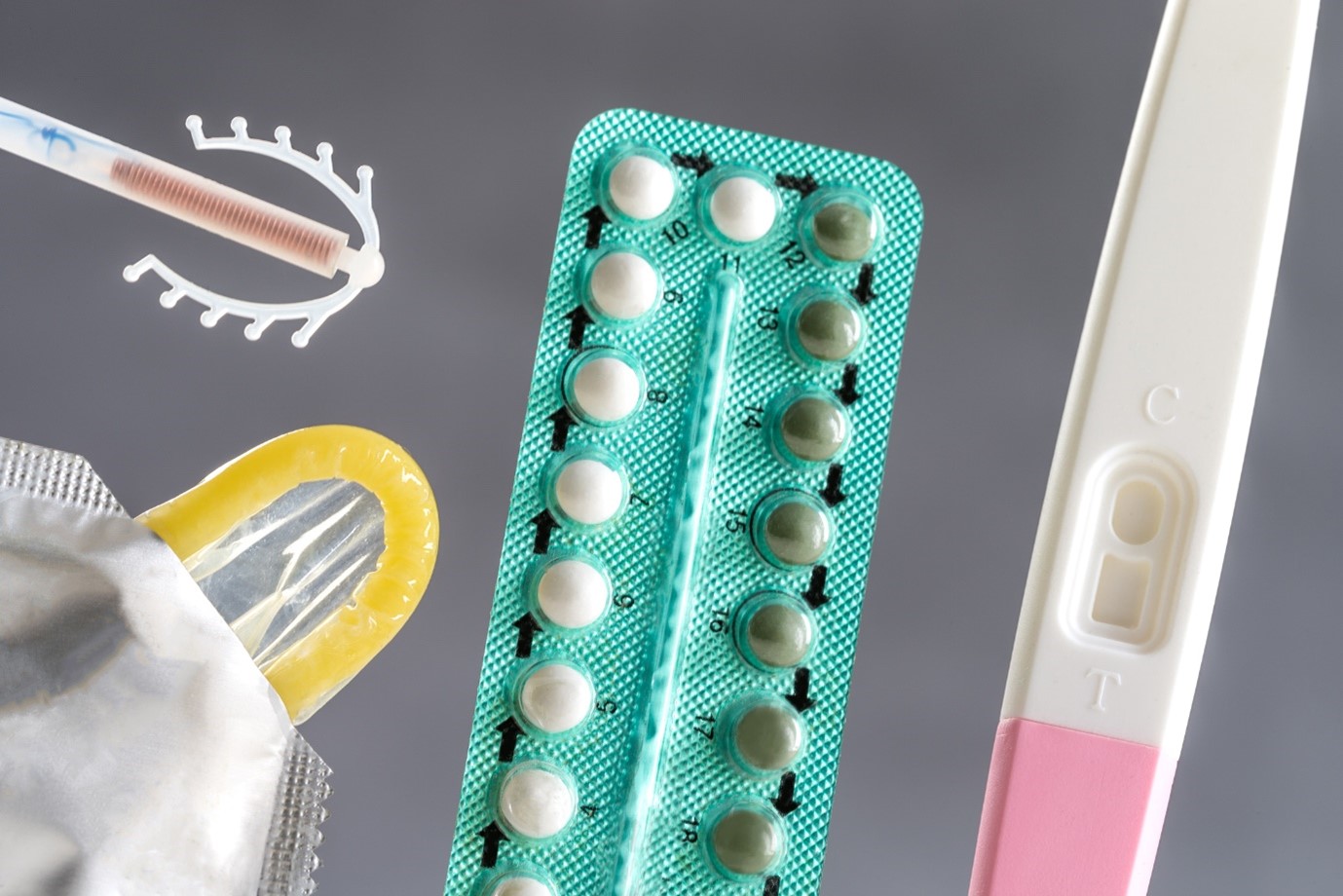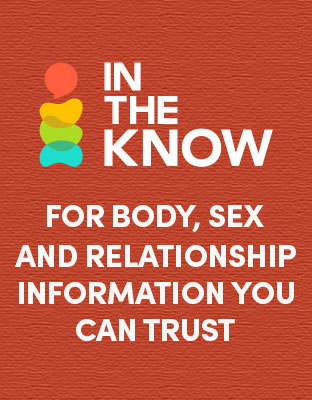
Contraception or birth control has been a common choice for Australians since the early 1960s, when "the pill" first hit our shelves. However, as our options have changed over time, there are still some myths to bust.
1. In Australia the most commonly used contraception is 'the pill'
This is a fact! The pill has dominated the contraceptive landscape for many years. However other options are increasingly being used in Australia as doctors explain the benefits of longer-acting solutions that don't require the daily administration of a pill.
For more information about trends of birth control use in Australia, read our statistical report 'Contraception in Australia 2005-2018'.
2. The pill is the most effective contraception
This is a myth - even though the pill is the most commonly used contraceptive, it is not the most effective! Research shows the pill can be over 99% effective with "perfect use", which entails taking it at the same time each day.
The problem is that humans are prone to errors, so with "real use", it's only about 93% effective (meaning that 7 out of every 100 women on the pill will become pregnant in a given year). Find out more about the combined oral contraceptive pill here.
3. Long term contraception like IUDs can make it hard to get pregnant later
This is definitely a myth. We call these options LARCs, which stands for 'long-acting, reversible contraceptives'. LARCs like the intra-uterine device (IUD) and the contraceptive implant are the most effective contraceptive options we have on the market. Importantly, once the device is removed, your fertility should bounce back straight away!
The only contraception that can delay fertility is the contraceptive injection, which might prevent you becoming pregnant for a period of approximately 12 months after your last shot. However, there is no evidence of long-term harm to a person’s fertility from this option.
4. It is good to take a break from the pill from time to time
This is a myth! Some people are concerned that being on the pill for many years or decades could be a bad thing. What's important to know is that the pill is very safe and has been studied very thoroughly.
There is no reason taking a "holiday" from the pill would have any medical benefits – unless you were wanting to become pregnant! However, if you're concerned about your experience on your pill, we can sit down with you and go through some other contraceptive options.
5. The pill can fix acne
This is a fact! The combined oral contraceptive pill can be a good treatment for acne while also preventing unwanted pregnancy. The way it works is that it reduces androgens in our body which can cause oily skin. Certain types of the combined pill may be more effective against acne than others – we are happy to discuss your options with you.
6. Teenagers and people who have never had a child should not have an IUD
This is a myth - IUDs are available to people of all ages. The only thing to consider is that those who have never given birth vaginally may be more likely to experience some pain or discomfort with their IUD insertion. However, since 2020 we've had a smaller IUD called the Kyleena available, which is a bit easier to insert in younger people who haven’t given birth.
7. "The rod" causes bleeding all of the time
This is a myth. It is untrue to say that the contraceptive implant causes bleeding all of the time. But it certainly can cause changes to bleeding patterns. Generally, about 1 in 5 of those with the rod experience no bleeding at all. 1 in 4 can experience daily spotting, but this can improve after 3-6 months as the body adjusts. We know that 3 in 5 have an acceptable bleeding pattern on the rod, so it is a great, long-lasting option. It's small and safely sits under the skin in the upper arm for up to 3 years.
8. The morning after pill is only effective the morning after sex
This is a myth, so we don't call it the morning after pill anymore – we call it 'emergency contraception'. There are two sorts of emergency contraception pills that can be stocked in chemists and provided without a prescription. One type can be used up to 3 days after having unprotected sex and the other can work for up to 5 days after having unprotected sex. However, the sooner you can take these medications after having unprotected sex, the more likely they are to be effective.
Another emergency contraceptive option is to get the Copper IUD. If you have this option inserted within 5 days of having unprotected sex, not only will you not fall pregnant, but you’ll be protected from unintended pregnancy for up to 10 years.




